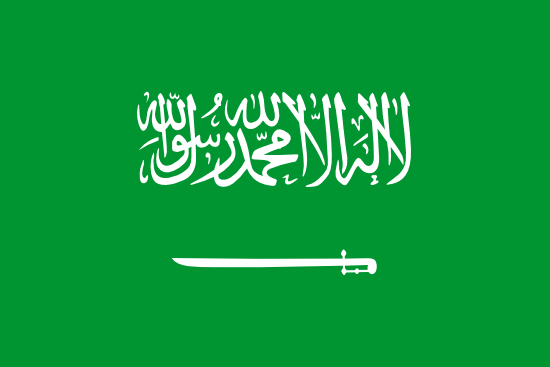
Health Insurance in Saudi Arabia, Asia
Information expatriation
Capital City: Riyadh
Total area: 2,149,690 km2
Population: 24,735,000
Money: Currency Converter
Time Zone: List of time zones by country
Calling Code: +966 XXX
Practical Information:
Health Product: Travel Insurance and Health insurance
Health Insurance information and Sanitary Risk: World Health Map
BLOG: Expat Health insurance Information
Here is a brief description of the healthcare system in the country:
· Saudi Arabia has a public healthcare system that provides universal coverage to all Saudi citizens free of direct charges. It is funded primarily through government revenues from oil sales.
· Public services are delivered through numerous MOH-run primary care centers, district hospitals, and specialized hospitals located nationwide. Private hospitals also exist.
· Primary care services like outpatient visits, basic surgeries, maternal/child care, vaccination programs, etc. are provided broadly to the population.
· Advanced specialty services and complex procedures are available at major hospitals in urban centers like Riyadh and Jeddah.
· Healthcare resources and infrastructure have expanded greatly in recent decades due to economic development.
· Physician and hospital bed ratios exceed global averages. The system faces domestic health challenges like obesity, diabetes and traffic incidents.
· Expats have their own healthcare insurance system arranged through their employers to access services at MOH or private facilities.
· Life expectancy has climbed substantially over the last 50+ years to 74 years on average.
· So in summary, Saudi Arabia combines universal public healthcare with optional private care and aims to provide comprehensive services to citizens and resident expatriates.
Here are some key health considerations for expatriates living in the country:
· Access to care is through employer-provided health insurance at public or private facilities. Coverage details matter.
· Familiarise yourself with insurance policies - costs, coverage limits, required referrals, authorised providers, etc.
· Maintain a copy of insurance details at all times for medical visits and emergencies.
· Cultural and language barriers may influence interactions. Consider translation assistance if needed.
· Strict social norms apply - dress conservatively, avoid public displays of affection, separation of sexes in some facilities.
· Extremes of heat and air quality issues can impact health. Stay hydrated, limit exertion outdoors.
· Traffic safety risks are high. Follow laws carefully as a pedestrian and driver.
· Prescription availability depends on insurance. Stock needed medications from home.
· Support networks differ from home due to separated family/friends. Maintain contact.
· Evacuation coverage is critical given repatriation needs for serious issues exceeding local care.
· Thorough insurance comprehension and respecting cultural/environmental considerations help ensure safe, appropriate healthcare access as an expatriate national.
